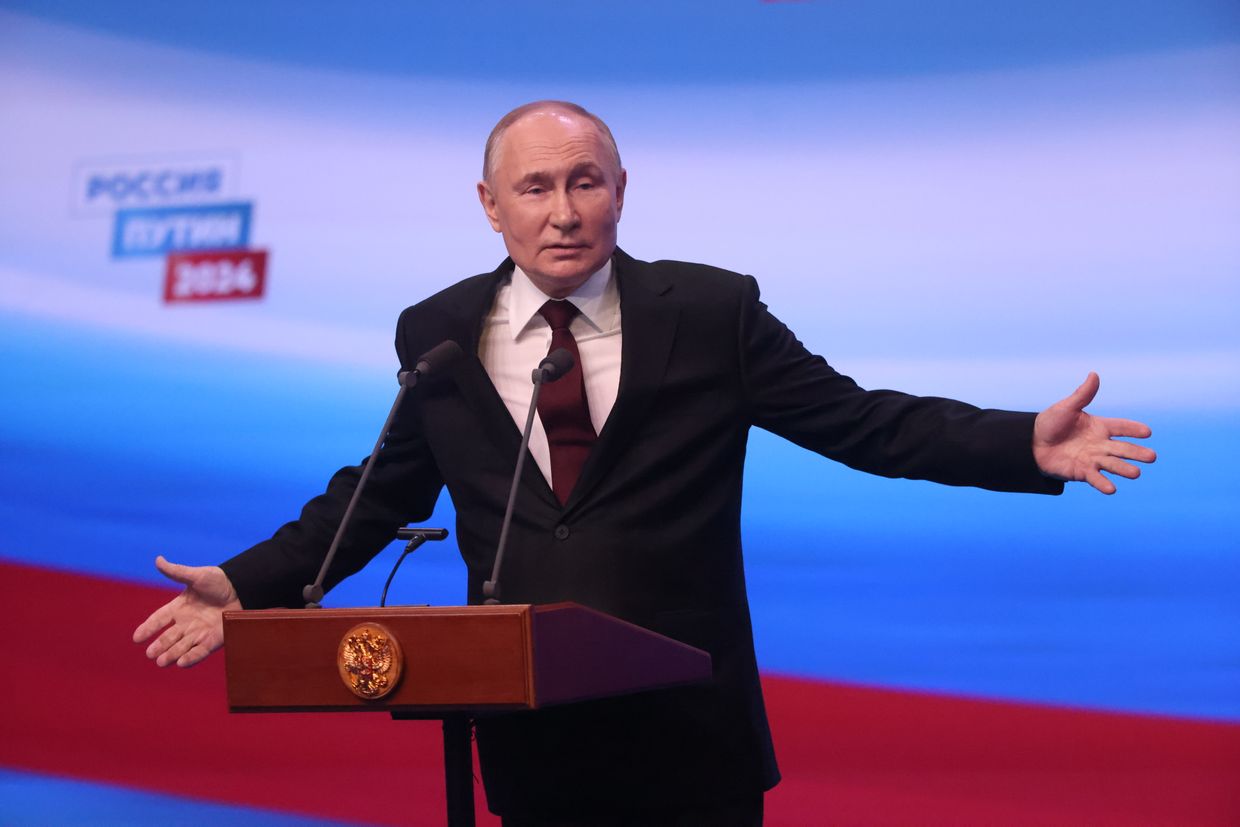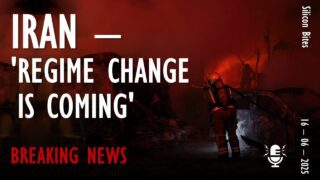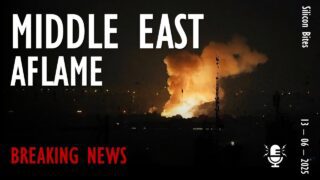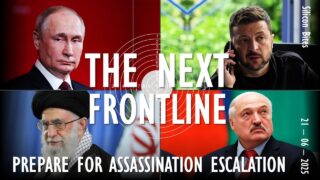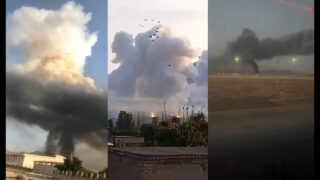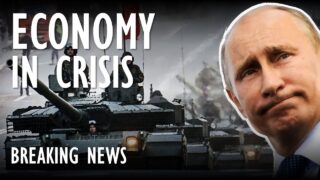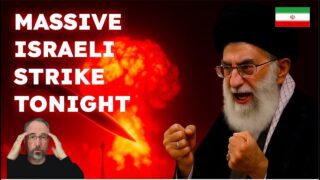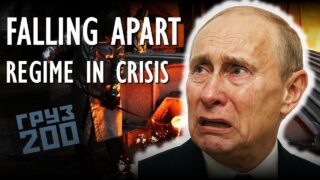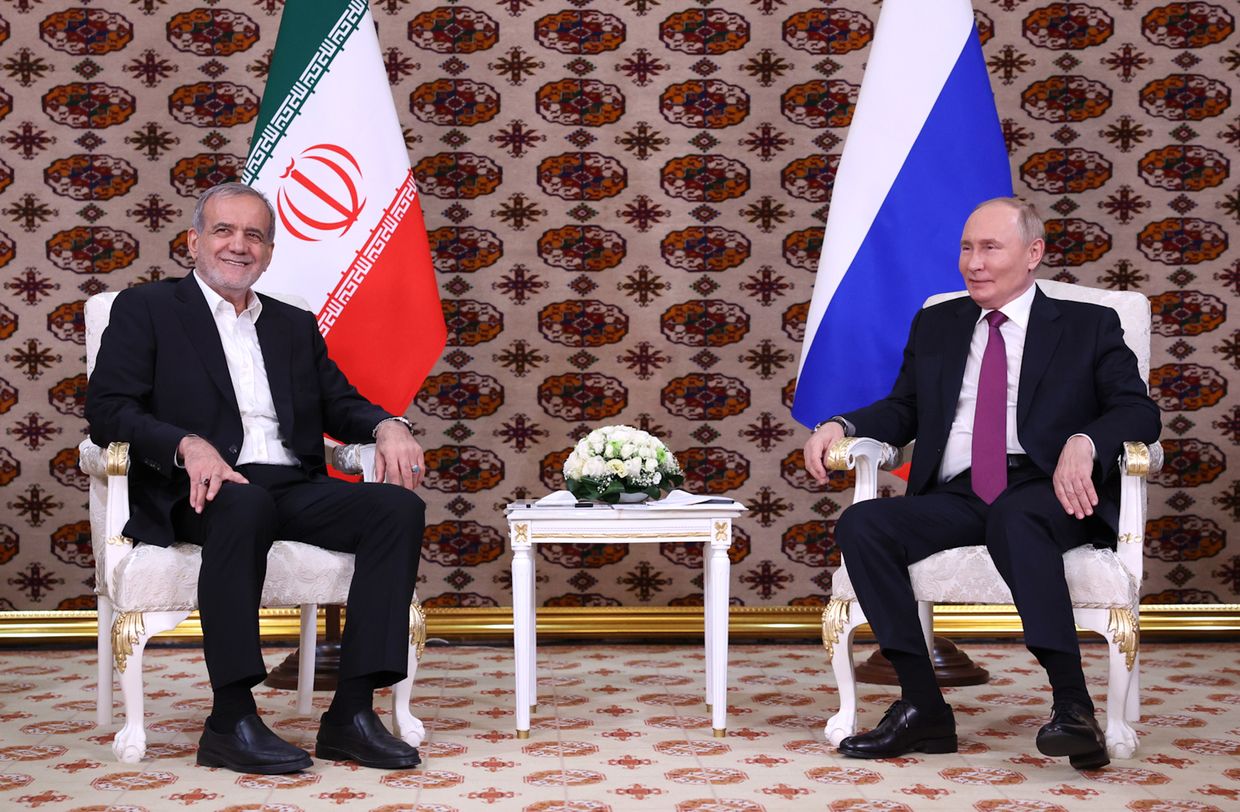
Partners, not allies: What to expect from Russia-Iran agreement set to be signed on Jan. 17
For Moscow, Iranian President Masoud Pezeshkian's visit to Russia on Jan. 17 is a diplomatic victory.
The trip's centerpiece will be the finalization of a long-heralded partnership deal between Russia and Iran, signed by Pezeshkian and Russian President Vladimir Putin at the Kremlin.
The agreement is the latest chapter in Moscow's ongoing efforts to seek out global allies and acceptance amid its ongoing invasion of Ukraine.
Pezeshkian and Putin will use their Moscow meeting to discuss greater cooperation in trade, transport, and logistics, as well as "acute issues on the regional and international agenda," the Kremlin said on Monday.
But it is the prospect of greater military cooperation between the two countries that most concern onlookers.
Russia's war in Ukraine has already prompted closer ties: Moscow's troops use Iranian Shahed-type drones to bombard Ukrainian cities, while Tehran has been accused by the U.S. of giving Russia close-range ballistic missiles. Iranian officials deny the allegations.
The new agreement highlights this growing military exchange.
But it also comes at a time when the balance of power between Russia and Iran has shifted.
Since Vladimir Putin came to power in 2000, Moscow has always held the upper hand in negotiations with Tehran. But Russia's need for arms and allies gives Iran new leverage in a changing partnership — one that both sides hope will give them an edge.


Art of sanctions-busting
Russia's invasion of Ukraine in February 2022 left Moscow isolated on the world stage and targeted by bruising Western sanctions.
Iran has been a helpful example for Russian officials on how to navigate this strange new world.
Having survived for decades under its own barrage of sanctions, Iran has also been able to act as a template for Moscow. Cornerstone sanctions-busting tactics, such as using a shadow fleet of tankers to transport sanctioned oil, have been used for years by Iranian officials. Moscow has been able to adopt such templates to great effect.
Their own sanctioned status also means that Iranian officials are happy to ignore Western bans on Russian trade.
After almost three years of war, equipping Russia's troops in Ukraine remains a priority for the Kremlin. Iranian weapon systems are cheap and easy to make, ideal for a conflict that has seen Moscow's forces bogged down on the battlefield.
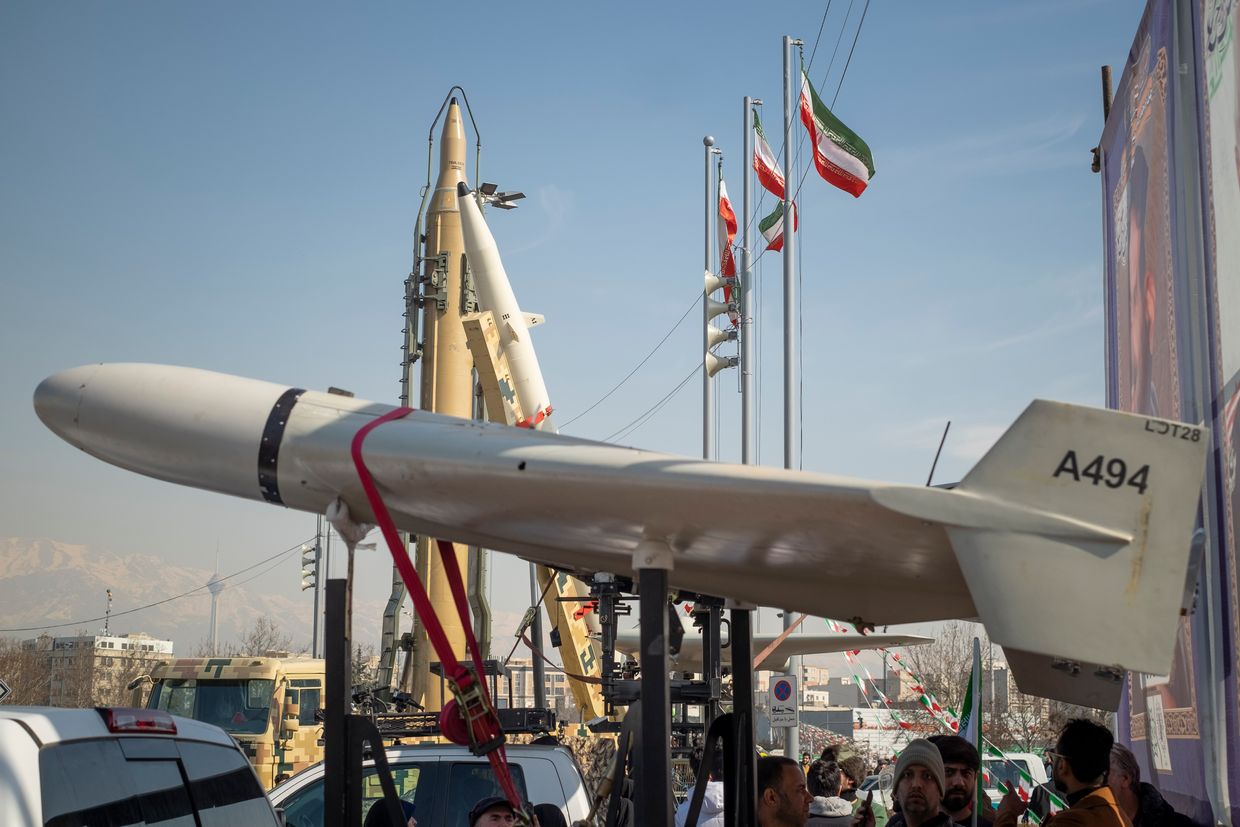

"Iranian weapon systems are not advanced like Western or even Russian weapon systems — but they work, and they work very effectively," says Sina Azodi, a visiting scholar and lecturer at the Institute for Middle East Studies at George Washington University.
"After Western sanctions on Russia that cut off the country's access to advanced microchips, the Russians learned that these more simple weapons systems would work in their favor."
But it's not only Moscow that needs military technology. It's likely that Tehran also wants modern Russian weapons: something that has become particularly pressing after Israeli strikes on Iran's air defence installations in October.
"Iran needs a modern air force. Iran needs a modern air defense system," says Azodi. "Russia is the only country that can — and is willing — to provide that to Iran."
There is no guarantee, however, that once such promises are made that either partner will be able to deliver.
Reports have repeatedly surfaced in recent years on Iran's alleged purchase of Russian Sukhoi fighter jets — but the planes themselves have not appeared, suggesting that such deals have not been successful. While Iran's increased leverage in Moscow could help such acquisitions become a reality, the Kremlin also has other priorities to protect.
"Iran desperately needs a replacement for its air defense systems that the Israelis destroyed," says Azodi. "But the question is whether Russia can provide it, given that it needs air defenses for its own war in Ukraine."
Partners, not allies
There are also other potential sticking points between the two sides. With Moscow and Tehran both under heavy sanctions, both countries are now competing to sell goods such as oil on the same grey market. While Iran may have a longer history of using shadow tankers, ultimately, Russia's economic clout has allowed it to undercut its rivals on price.
"Russia and Iran have been drawn into a battle on providing discounts for oil buyers in countries such as China and India," says Arman Mahmoudian, a research fellow at the Global and National Security Institute and a faculty member at the University of South Florida.
"But some of these discounts are so heavy that it's very difficult for Iran to beat."


There are also ongoing geopolitical disagreements and rivalries.
The fall of President Bashar al-Assad in Syria is a fresh wound for both Iran and Russia: in a recording that surfaced in the Iranian media in early January, Islamic Revolutionary Guard Corps General Behrouz Esbati accused Moscow of failing Tehran by allowing Israeli strikes on Iranian assets in Syria. He also said that the Kremlin had misled Iranian officials by claiming to strike rebel forces while, in fact, bombing empty fields.
The tussle between Iranian and Russian influence in the Caucasus remains another sensitive topic.
In September, Iran warned Moscow against siding with Azerbaijan in an ongoing dispute between Baku and neighboring Armenia on the placement of a land corridor to Azerbaijan's Nakhchivan enclave.
"Any threat from north, south, east, or west to territorial integrity of our neighbors or redrawing of boundaries is totally unacceptable and a red line for Iran," Iranian Foreign Minister Sayeed Abbas Araghchi wrote on X at the time.
However, such issues can be pushed aside as both sides react to changing political tides. For now, both can use their shared agreement to push back against a common foe — the United States.
"Iran sees Russia as a powerful partner to force the United States out of the Middle East. They see the United States as the main obstacle in expanding their own influence in the region," says Azodi. "Russia, obviously, is a very good partner because they want the same thing."
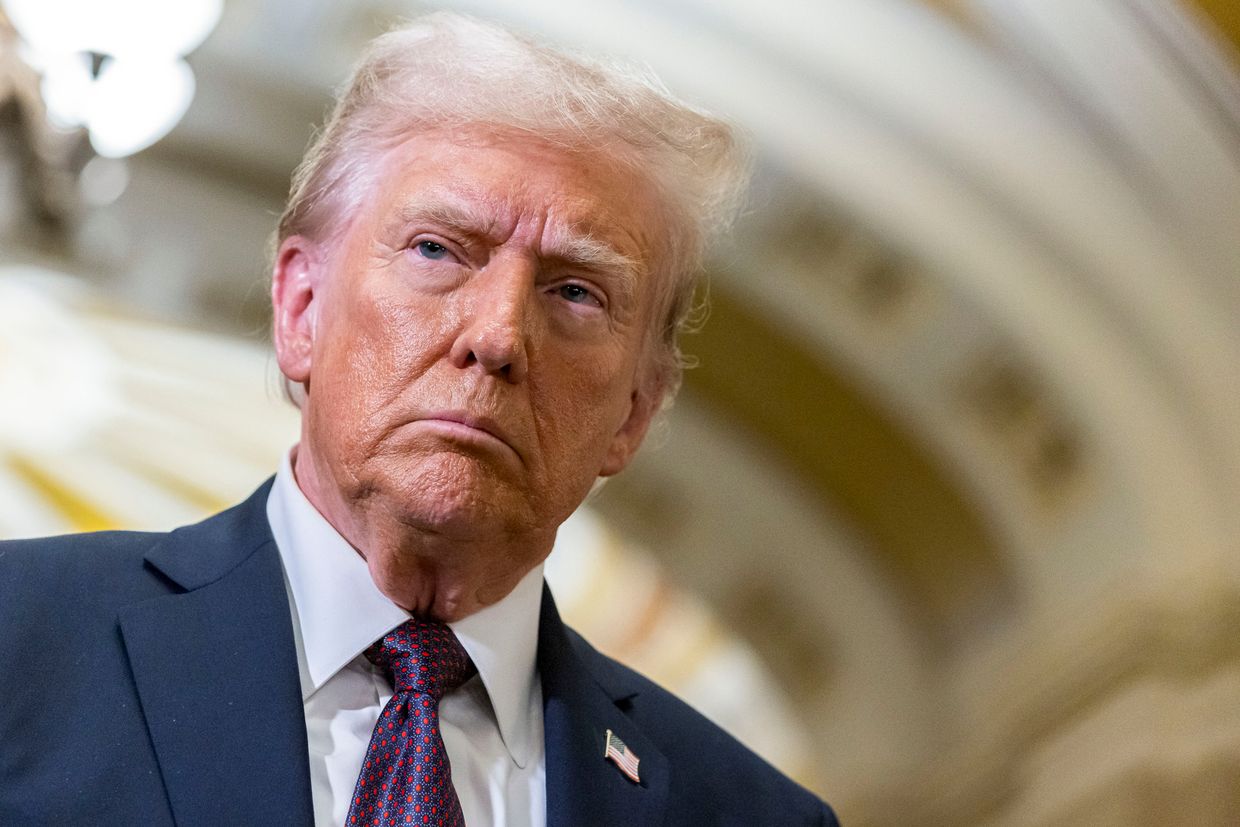

Common foe
The imminent inauguration of U.S. President Donald Trump will be felt keenly in both Moscow and Tehran.
For Iranian officials, Trump's president comes with a sense of trepidation. Trump has consistently advocated for a harder line on Iran, as have many among his advisors. As his second term looms, it is natural for Iran to seek refuge among powers such as Russia and China, says Mahmoudian.
Moscow will also be trying to make its own impression on the White House.
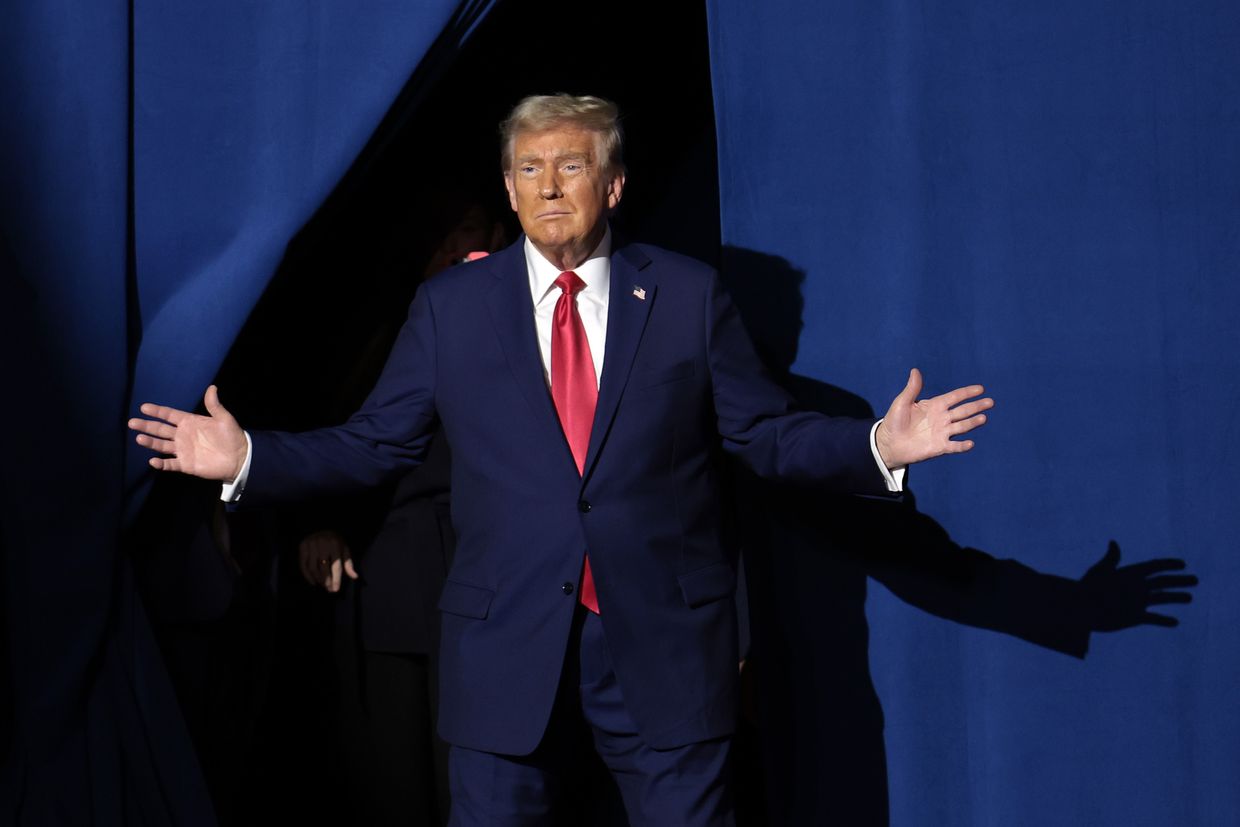

"Russia wants to send a signal to the White House: we still can make things worse for you," says Mahmoudian. "(The agreement signals), 'we understand that you are trying to take a harsher stand against Iran, but it's going to be very hard without having us on board."
"Russia wants to send a signal to the White House: we still can make things worse for you."
Yet while closer Iranian-Russia ties currently aid both countries on the global stage, this agreement could also be easily shed as world events shift.
If Moscow begins peace negotiations with Ukraine, then it may distance itself from Tehran in order to win favors in Washington.
"Russia's top foreign policy issue is Ukraine. They want to make a favorable deal. And for that, they need to make an agreement with the Americans as Ukraine's top backers. Russia is not going to, in my view, risk or jeopardize such a deal over Iran," says Mahmoudian.
Ultimately, it is these external considerations that undermine the long-term effectiveness of the Russia-Iran deal.
"An agreement can be game-changing or influential, but not if it's at the mercy of another third party," Mahmoudian says.
"The destiny of this agreement and its survival is at the mercy of the White House and the new administration."
